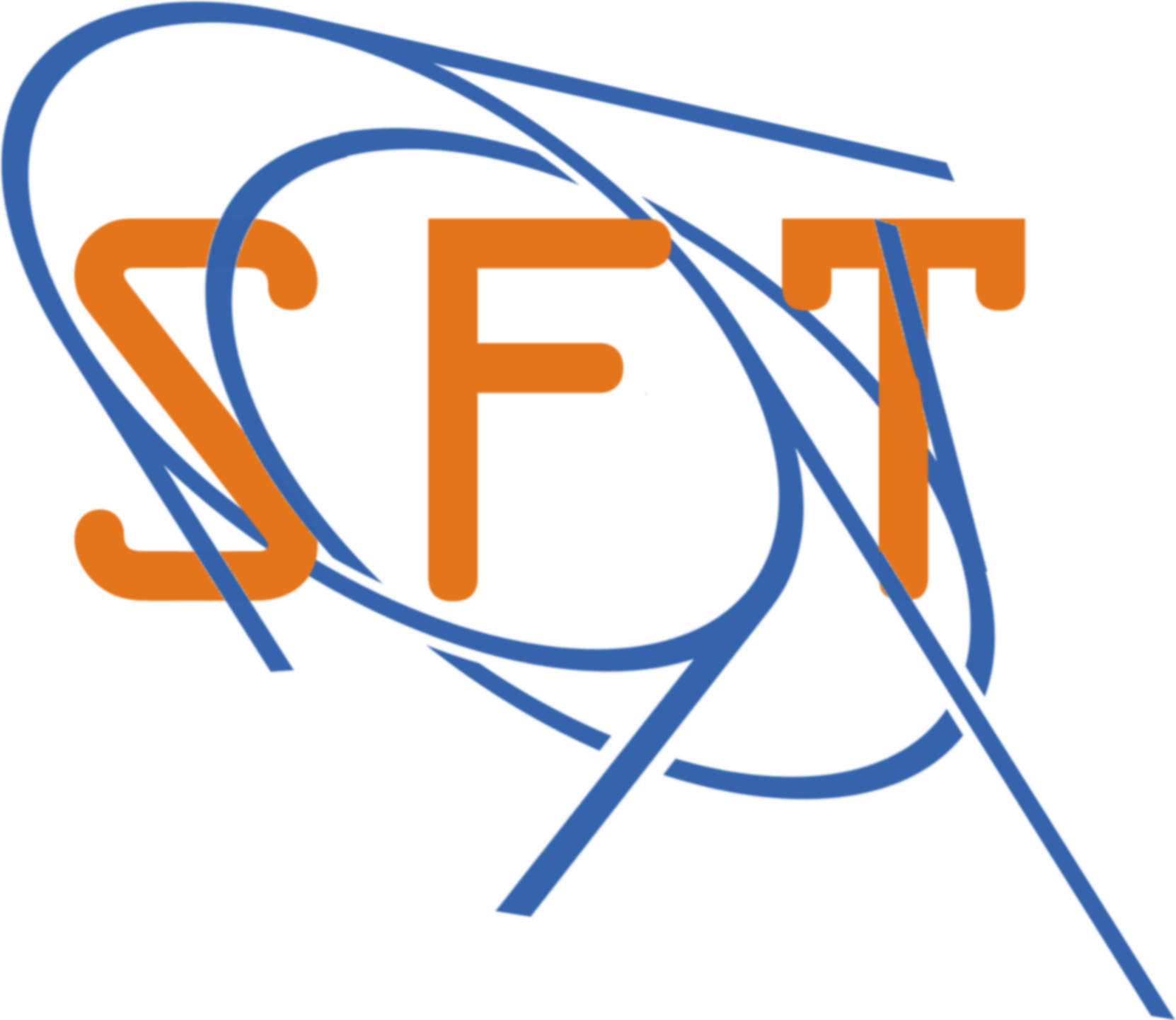The LCG Generator Services project provides validated, LCG compliant Monte Carlo generators code for both the theoretical and experimental communities at the LHC. It collaborates with the generators authors, as well as the experiments software developers and the experimental physicists.
In this paper we present the recent developments and the future plans of the project. We start with reporting on the current status of the generators repository. Due to the increased number of dependencies on external packages the generators repository was reorganized to follow the releases of the repository "LCG external".
In order to perform the GENSER installation in a way consistent with LCG external, it was decided to migrate to the new cmake - based system, LCGCMAKE. This migration is planned to be finished in the first half of 2013. cmake - based build system is now provided for several generators.
Some LHC experiments directly use generator libraries installed in the GENSER repository, others use source tarballs prepared by GENSER and also put in the repository.
We discuss different testing and physics validation procedures. The regression tests system automatically checks that several physical observables does not change from one version to another and for dirrerent computer platforms supported by LCG (there are 5 such platforms now). It checks also the source tarballs provided by GENSER. This ensures that all LHC experiments use the same generator code. More detailed physical tests are performed with HepMC Analysis Tool (mainly comparison of different versions) and Rivet (mainly comparison of generation results with data).
We present a new activity, within Generator Services, MCPLOTS. This subproject is intended as a simple browsable repository of MC (Monte Carlo) plots comparing High Energy Physics event generators to a wide variety of available experimental data, for tuning and reference purposes. Apart from individual plots contained in papers and presentations, there has so far not been any central database where people can quickly see how tune X of version Y of generator Z looks on distribution D. The idea with mcplots is to provide such a repository.
